If you plan on purchasing a home in a few months or years, the more money you save up front, the better. A hefty savings up front helps you afford the home you want, the down payment, closing costs, moving expenses, and gives you stability through unforeseen circumstances.
However, with your budget already stretched, saving for a home can seem near impossible. Here are some do’s and don’ts that can help you pad your savings and keep you from wasting energy on saving ideas that aren’t successful.
DO open a separate savings account just for savings towards a home. Thinking you can leave your extra money in your checking account just won’t cut it and can lead to extra spending.
DON’T depend on saving manually. Set up an amount that is transferred from your checking to savings every paycheck. Even a small amount will build up faster than you expect, especially when you don’t have to remember to save it.
DO make a budget and chop extra expenses. Track your spending and pinpoint where your money goes. This may be a shock, as most people don’t realize how much small splurges add up. Trim expenses where you can, choose a smaller cable package and a less expensive cell plan, and make fewer purchases at the mall. Commit all those former expenses to your savings.
DON’T set unrealistic goals. If going to dinner out is your thing, don’t ditch it altogether, as that sets you up to get frustrated and throw in the towel. Simply do it less often. Going out one night a month instead of once a week saves a ton. Again, put all of your extra savings away for safe keeping.
DO recognize small victories. Acknowledge each milestone, whether it’s every $500 saved or every time you pass up that shoe store you love. Reward yourself with something free, like a walk in the park or your favorite TV show.
DON’T fall victim to spending traps. Your weak spots make saving for a home even more difficult. Avoid stores where you almost always over-spend, unsubscribe from retail emails, and shy away from expensive restaurants or hobbies.
DO use a budget app. Mint or other budget apps are priceless in tracking spending, learning where you can cut spending and watching your savings grow.
Saving for a home may seem daunting, but the sooner you get started, the closer home ownership becomes! Practice these do’s and don’ts, and your nest egg will build purchasing power faster than you can say “home sweet home.” For more savings tips, first time homebuyer education and important home buying information — download our eBook now!
{{cta(‘6c7eceb4-d44d-487e-b212-1dd4b5fd90a1′,’justifycenter’)}}




